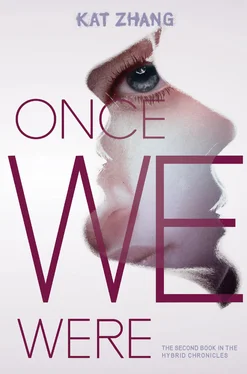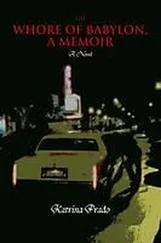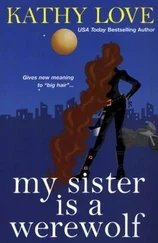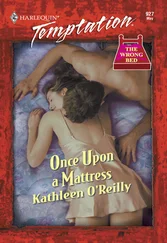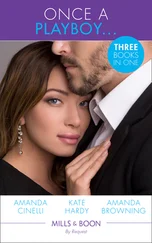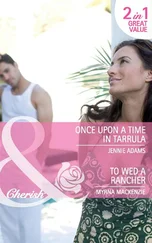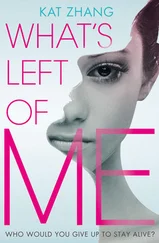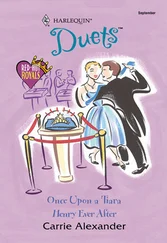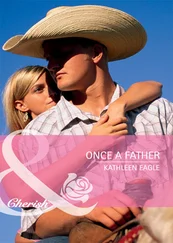Once We Were
The Hybrid Chronicles - 2
by
Kat Zhang
For Dechan, who may not be my sister in blood, but is in soul
We share a heart, Addie and I. We own the same pair of hands. Inhabit the same limbs. That hot June day, freshly escaped from Nornand Clinic, we stood and saw the ocean for the first time through shared eyes. The wind batted our hair against our cheeks. The sand stuck to our salt-soaked skin, turning our pale legs tan.
We experienced that day as we’d experienced the past fifteen years of our lives. As Addie and Eva, Eva and Addie. Two souls sharing one body. Hybrid.
But the thing is, sharing hands doesn’t mean sharing goals. Sharing eyes doesn’t mean sharing visions. And sharing a heart doesn’t mean sharing the things we love.
Here are some of the things I loved.
The cold shock of the ocean when I stood waist-deep in the water, jumping at the crest of each oncoming wave. The sound of Kitty’s laughter when I tickled her. The breathless joy of Hally’s dancing. The way Ryan smiled when I turned to look at him and he was already looking at me.
Addie liked these things, too. But she didn’t cherish them the way I did— desperately . Because I never should have had them. Millions of recessive souls never reached age five, let alone fifteen. That was the way of the world—or so Addie and I had been taught. Two souls born to each body. One marked by genetics to disappear.
I was lucky in so many ways.
I told myself this every morning when we opened our eyes, every night before we went to sleep.
I am lucky. So lucky.
I was alive. I was, in some ways, free. In a country where hybrids were forbidden and locked away, Addie and I had escaped. And I—
I could move and speak again. Me, who had known since childhood that I was the recessive soul, destined to fade away. That my parents would mourn quietly, quickly, then move on. That they would tell themselves this was the way of the world, the way things had always been, and who were they to question the workings of nature?
Children were supposed to shed recessive souls, leaving them behind like they would one day discard their baby teeth. Just another step on the journey to adulthood.
The alternative, never settling—retaining both souls—meant staying trapped in the chaos of a perpetual childhood, never gaining the steady, rational mind of an adult who could be trusted to control her own body. How could a hybrid ever fit into society? How would she marry? Would she be able to work, with two souls pulling and yearning in two different directions? To be hybrid was to be forever unstable, forever torn.
I was twelve, two years past the government-mandated deadline, when I succumbed to the curse lettered in my genes. But I was lucky, even then. I lost control of my body, leaving Addie to command our limbs, but I never disappeared completely.
It was better than dying.
Are you all right, Addie? Mom asked, those first few weeks after I was declared gone. She spoke the words like they pinched her lips on the way out, like she didn’t want to acknowledge the fact that Addie might not be okay, even then. Addie should have been normal.
I’m fine, Addie said, even when I screamed and screamed in her head, even when she was holding me as she smiled for our parents, telling me she was sorry, begging me to be as okay as she supposedly was.
Hally and Ryan Mullan were the ones who released me from the prison of my own bones. Where would I be if Hally hadn’t convinced Addie to go home with her that afternoon? Still paralyzed. Still alone. Not entirely, because I would always have Addie, but—alone, in every other sense of the word.
Addie said once, when I whispered the question to her. The words floated between our linked minds, where no one else could hear us.
Here in Anchoit, this shining city by the western sea, smelling the salt the waves tossed into the air.
It had been my turn, then, to say I’m sorry . Because Addie was right. If Hally hadn’t—if I hadn’t convinced Addie to go to the Mullans’ house, to take the medication, to take that first step away from normality, we would still be home. We wouldn’t be out of danger—as hybrids, we could never truly relax—but we would be a little safer. We’d be going to school and watching movies and laughing at our little brother when he clowned around the kitchen.
She’d hesitated, staring at the ceiling of this strange new apartment. Our new hideaway.
Not like the other children who’d walked through those hospital halls. Like Jaime Cortae, who’d lost his other soul to a scalpel.
Addie and I had been lucky.
Perhaps, if we stayed lucky, we would never again have to see Mr. Conivent with his pressed, white button-up shirts. We would never again feel Jenson’s cold grip on our wrist—never come under the jurisdiction of his review board.
We would be allowed to live just as we were: Eva and Addie, Addie and Eva. Two girls inside of one.
It was stuffy in the phone booth, even with the door propped partway open. Our desire for privacy couldn’t override the sickness that gripped us in the small, enclosed space. Squished cigarette butts littered the ground, their smoky smell lingering in the early-morning air.
I said.
We weren’t even supposed to be outside. We’d snuck out of the apartment before Emalia and Kitty woke up, and we had to make it back before then as well. No one knew we were here, not even Ryan or Hally.
Addie pressed the phone receiver against our ear. The dial tone mocked us.
I said.
Our free hand slipped into our pocket and closed around our chip. Ryan had given it to us right before we arrived at Nornand, and it had connected us to him during our time at the clinic. Habit made us rub it between our fingers like a good-luck charm.
Addie’s voice was soft.
Lyle was eleven. Our little brother.
The night Mr. Conivent confiscated Addie and me, Lyle had been at the hospital, doing one of his thrice-weekly rounds of dialysis. Unlike our parents, he’d had no say in letting us go. We never got to tell him good-bye.
It would only be one call. A few coins in the slot. Ten numbers. So quick. So simple.
Hi, Lyle, I imagined saying. I pictured his flop of yellow hair, his skinny arms and legs, his crooked-toothed grin.
Hi, Lyle —
Then what? Happy birthday. Happy eleventh birthday.
The last time I’d wished Lyle happy birthday— actually spoken those words aloud—he’d been turning seven. After that, I’d lost the strength to do more than watch as Addie spoke for me. I’d hovered in a body I couldn’t control, a ghost in a family that didn’t know I still existed.
What did one say after four years like that?
Thinking about what I’d tell Mom was even worse.
Hi. It’s Eva. I was there the whole time. I was there all those years, and you never knew.
Hi. It’s Eva. I’m okay—I think I’m safe. Are you okay? Are you safe?
Hi. It’s Eva. I wish I were home.
Hi. It’s Eva. I love you.
I could see Mom so clearly it hurt: the panes of her face, her laugh lines, and the deeper lines on her brow not etched by laughter. I could see her in her waitressing uniform: black slacks and a white blouse, stark against her corn-silk hair. Addie and I had always wanted hair like hers, so smooth and straight it glided through our fingers. Instead, we had Dad’s curls, lazy and halfhearted. Princess hair , he’d called it when Addie and I were small enough to sit in his lap, breathing in the smell of his aftershave, begging for stories that ended in Happily Ever After .
Читать дальше
Конец ознакомительного отрывка
Купить книгу
